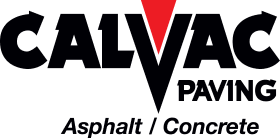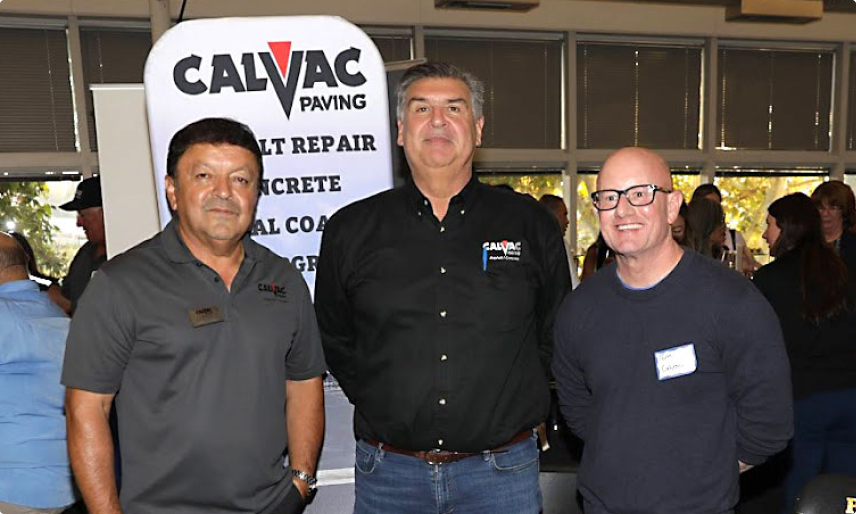Top Quality, On Schedule, On Budget, Every time.
We’ve Been Pioneering Excellence in Asphalt and Concrete for 50 Years - Setting the Bay Area's Standard in ADA-Compliant Surfaces.
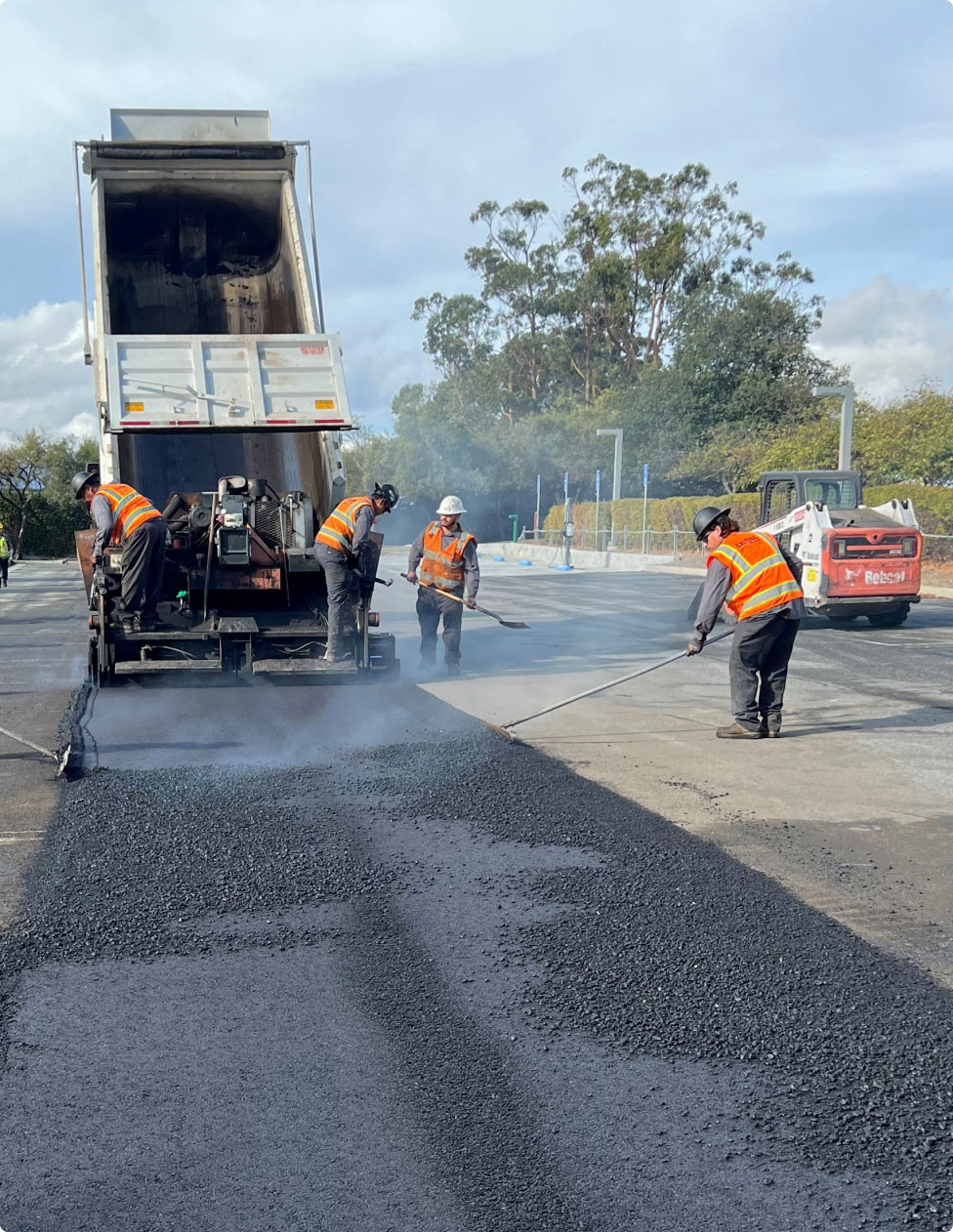
Long-standing members of:
BOMA ACREM CACM WMA

Welcome to Calvac Paving – Your Trusted Paving Partner for 50 Years! In an industry where companies come and go, we've stood the test of time, learning, and growing through honest work. Our journey has shaped us into recognized ADA Compliance experts, dedicated to quality and integrity. We stand firmly behind our work, which is why we provide a two-year warranty - two times longer than the industry norm.
Unlike many in our field, we've witnessed the aftermath of subpar work, costing clients thousands. At Calvac Paving, we take pride in our longstanding memberships in reputable organizations. Our commitment to exceptional quality goes hand in hand with our unwavering focus on health and safety.
Explore our extensive expertise gained over five decades and discover how we bring reliability and excellence to every project. Join us as we pave the way for a durable, trusted, and friendly paving experience.
Bay Area Trusted For 50 years.
Servicing North Bay, East Bay & South Bay. Beyond these areas? No problem! Contact us—we've completed projects in Sacramento, San Luis Obispo, and beyond!
SBA Certified
Woman Owned Small Business
ADA Experts
Compliance Masters
2 Year
Job Warranty
31,000+
Jobs Completed
Marty Gillum
Calvac worked quickly from request to completed project. I would use them again for sure. This was an asphalt job, and I'm sure cement would go just as smoothly. Jake Clark was on top of it from the start. Thanks guys. Marty Gillum Property Manager
Marissa Burton
Calvac is a wonderful company! Fast and efficient.
Jake Clark
Edward Arias
Erwin Villegas
Buena compañía
Al Parsano
Ezekiel Galvan
Great staff, management, & crew.
Our Services Include:
Residential Projects
- HOA’s
- Apartments
- Town Homes
- Retail
- Strip Malls
From homeowners associations, apartment communities, townhomes, retail shopping centers, and strip malls, we've handled a diverse range of projects. See the full list below.
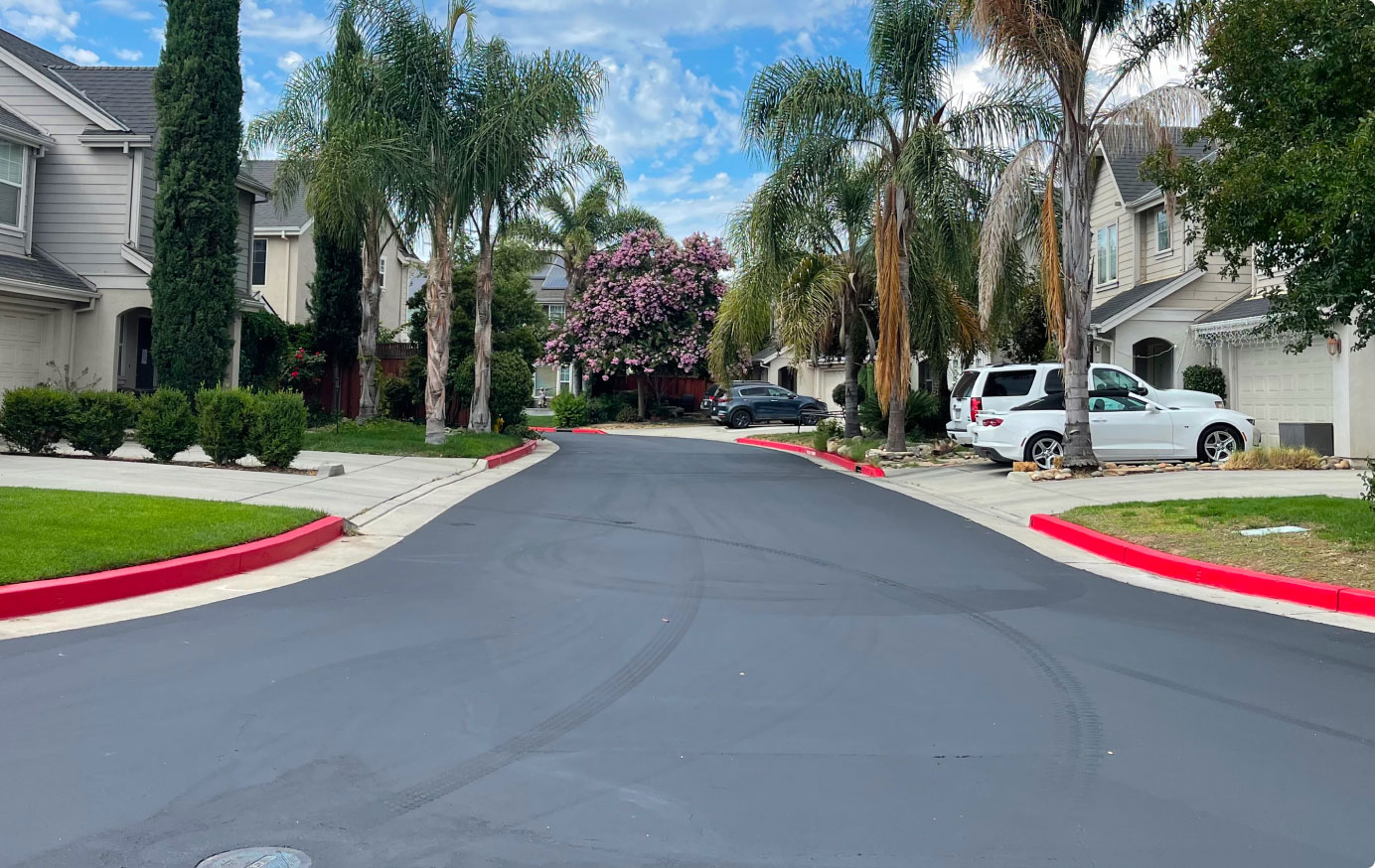
Commercial Projects
- Manufacturing Plants
- Warehouses
- Distribution Centers
- Offices
We cater to a wide array of commercial properties including offices, warehouses, distribution centers, manufacturing plants, and more. Explore the complete list below.
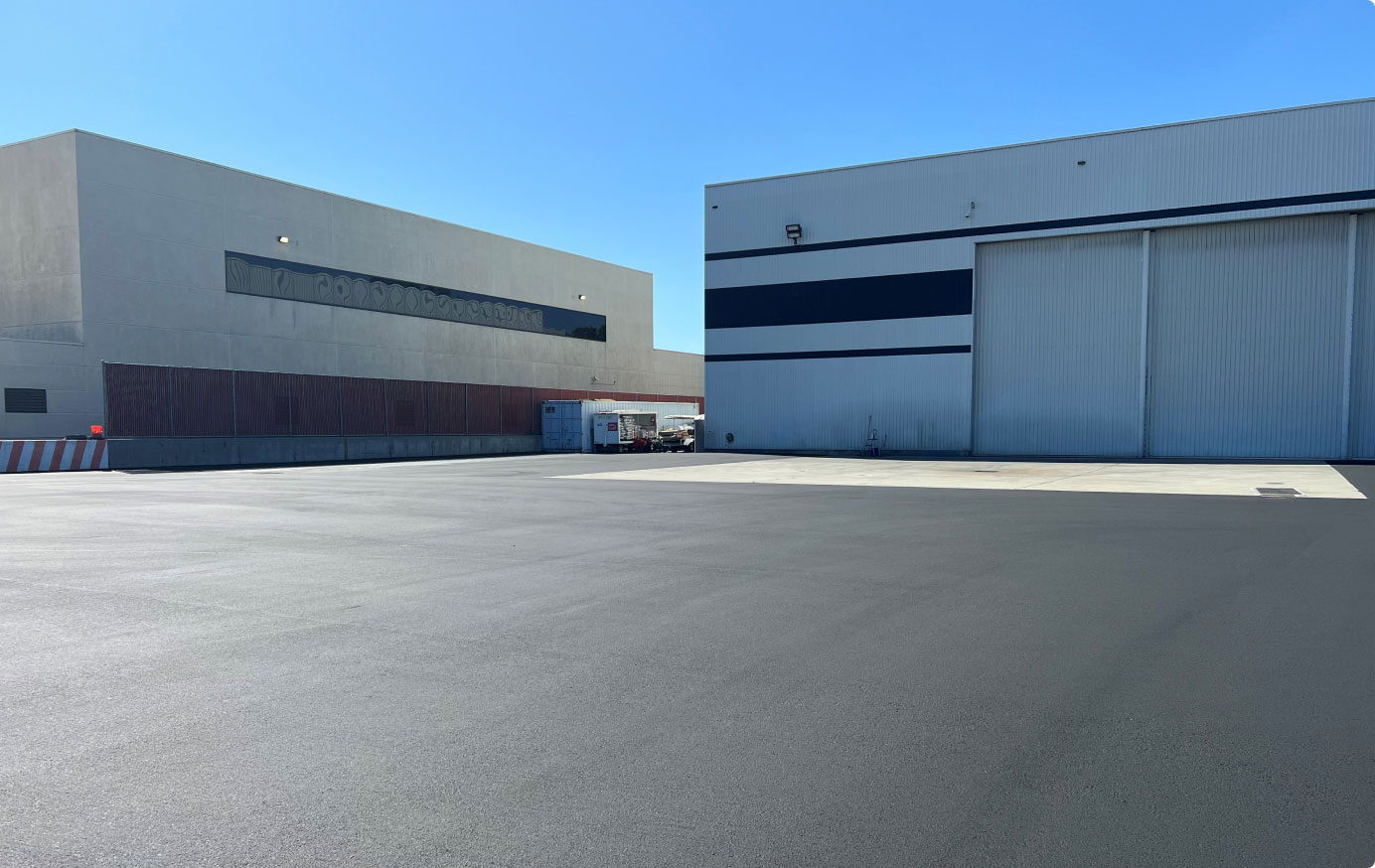
Our Most Popular Services
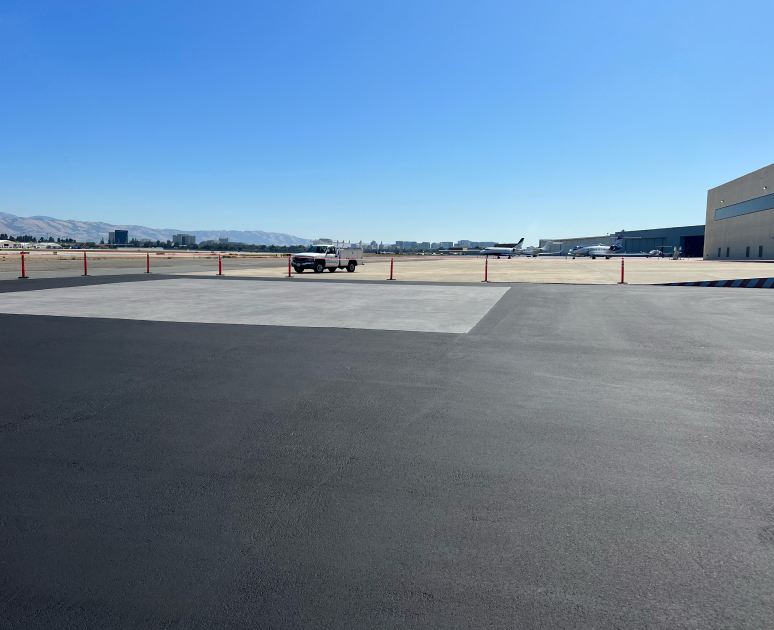
Asphalt Paving
Your premier choice for comprehensive and high-quality Bay Area asphalt services with 50 years of experience. Asphalt is our most popular service!
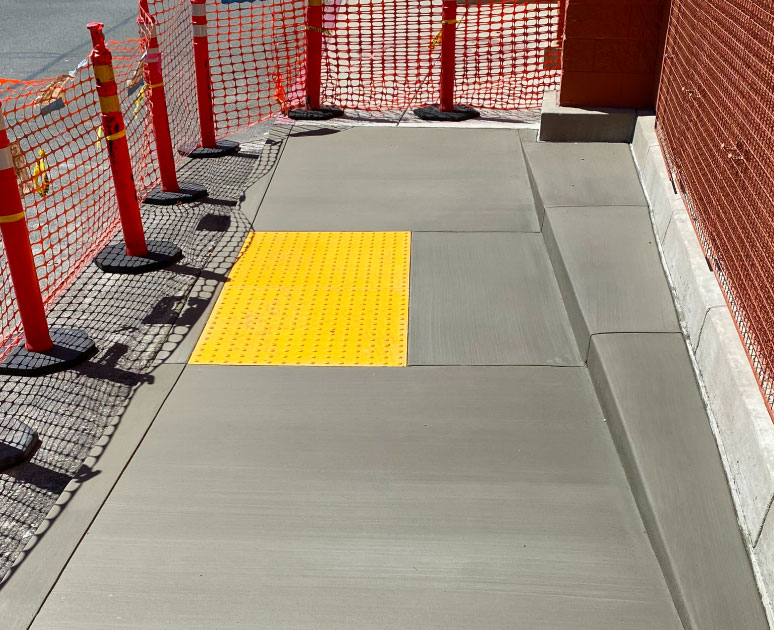
Concrete
With over five decades of industry expertise, we bring unmatched dedication, skill, and innovation to every concrete project we undertake.
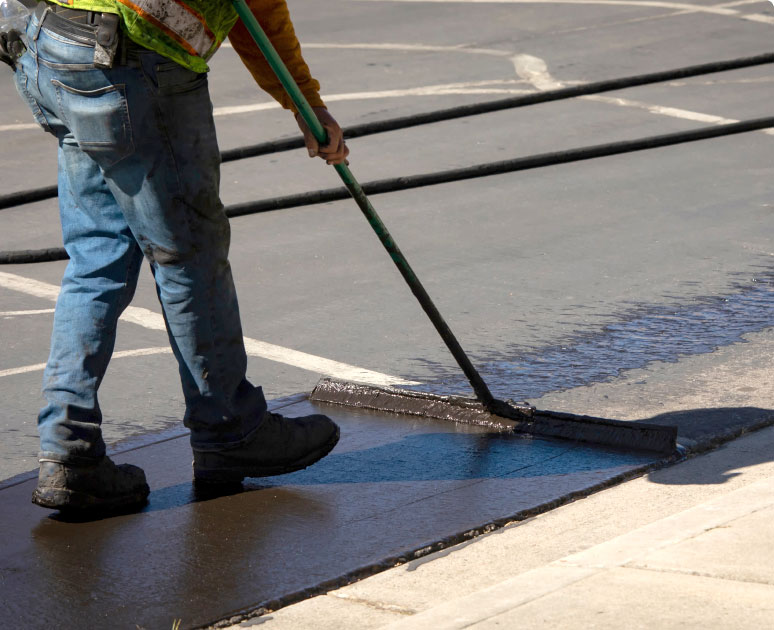
Sealcoating & Striping
Your trusted experts in Sealcoating & Striping services throughout the Bay Area. With over 50 years of industry expertise in seal coating.
We offer Asphalt Paving, Concrete, ADA Upgrades and Compliance, Sealcoating and Striping, Crack Sealing, Preventive Maintenance, Power Washing, Sealing and Budgeting. Click the button below to view a full list of our services.
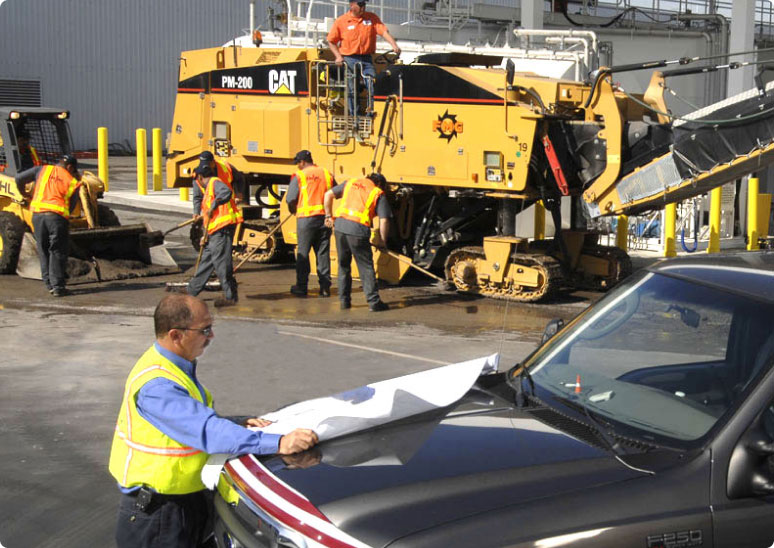
Company
Services
Contact us
© 2024 All Rights Reserved.
